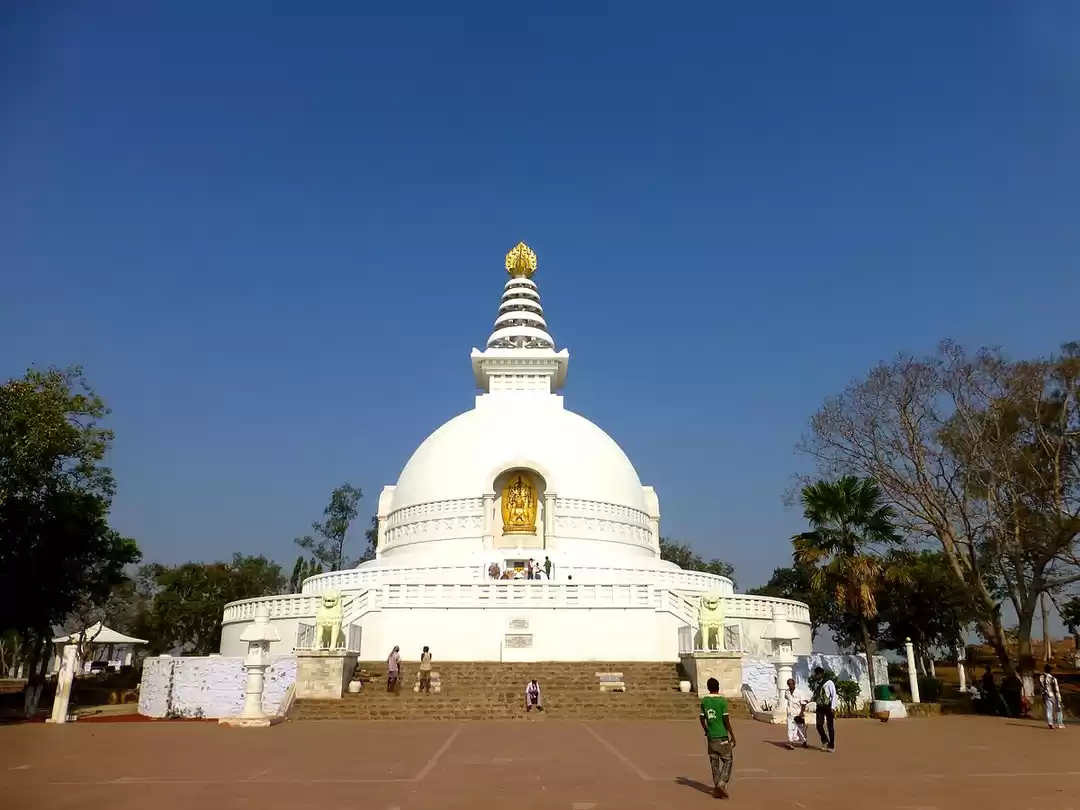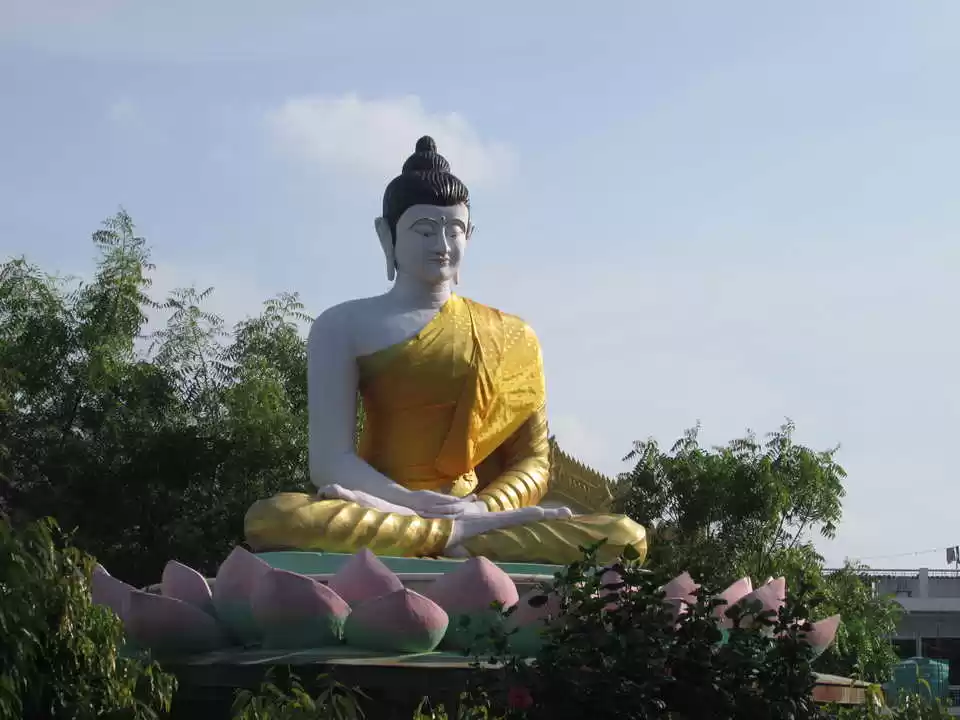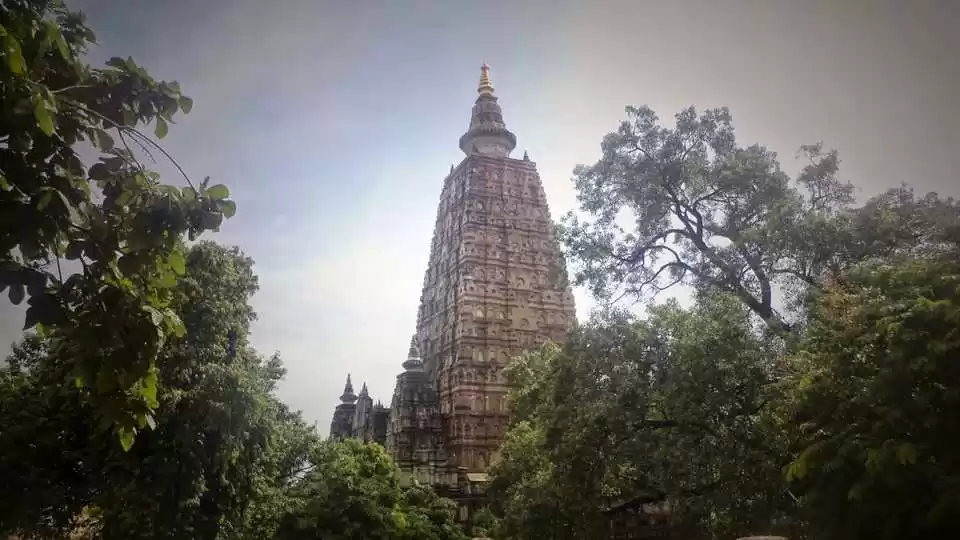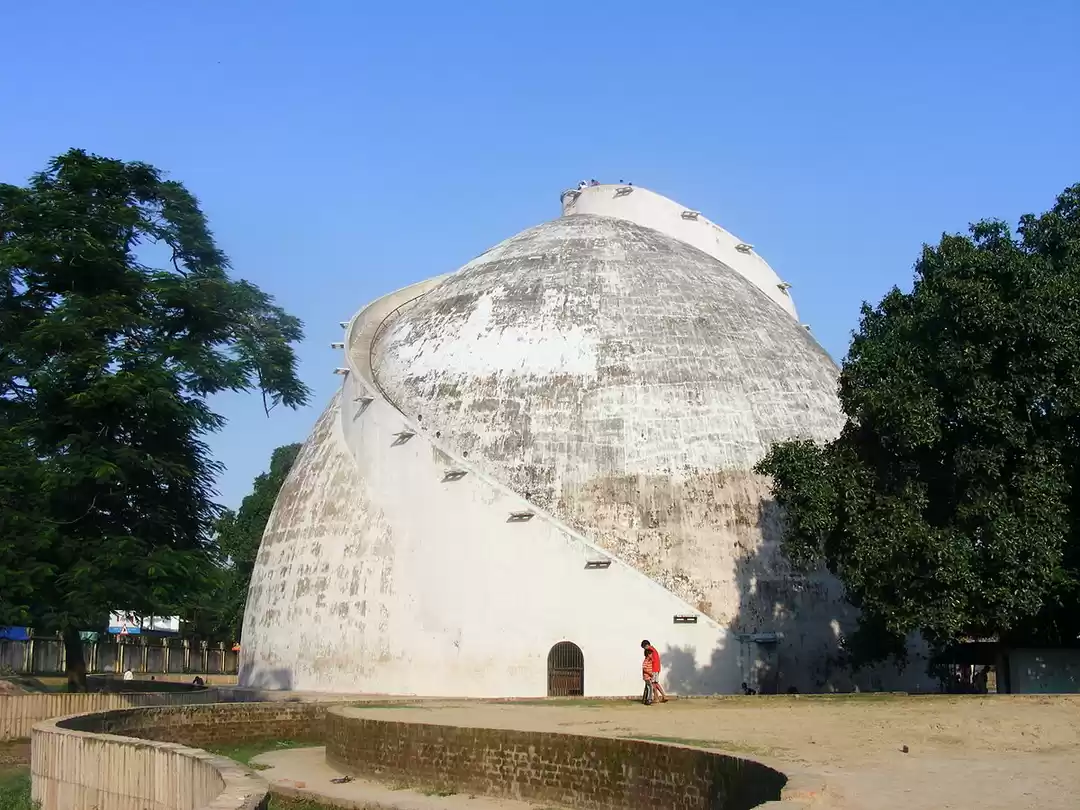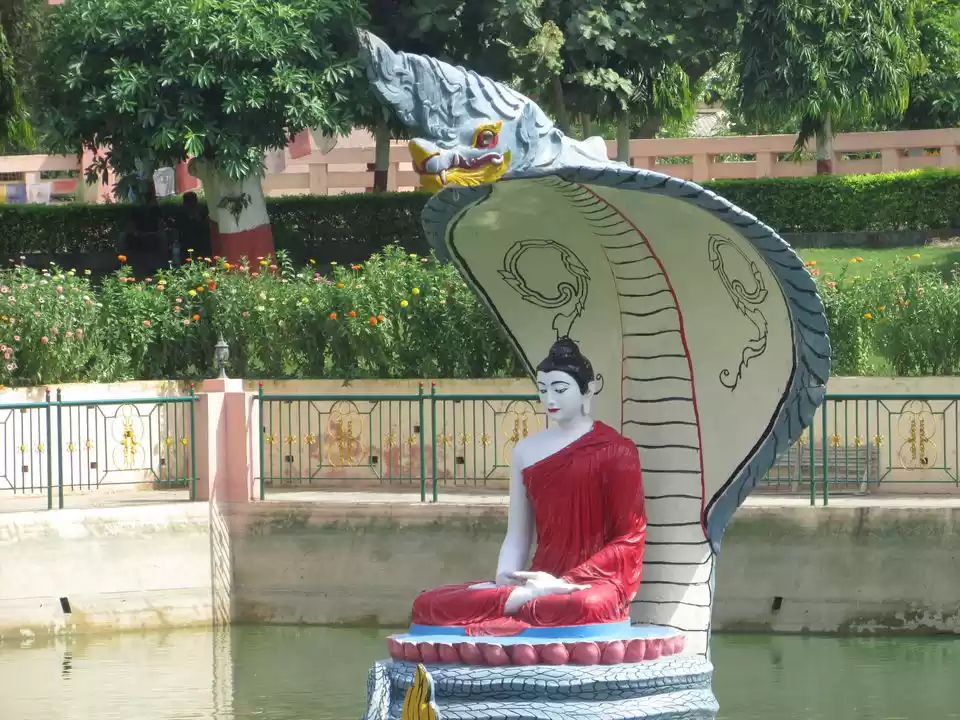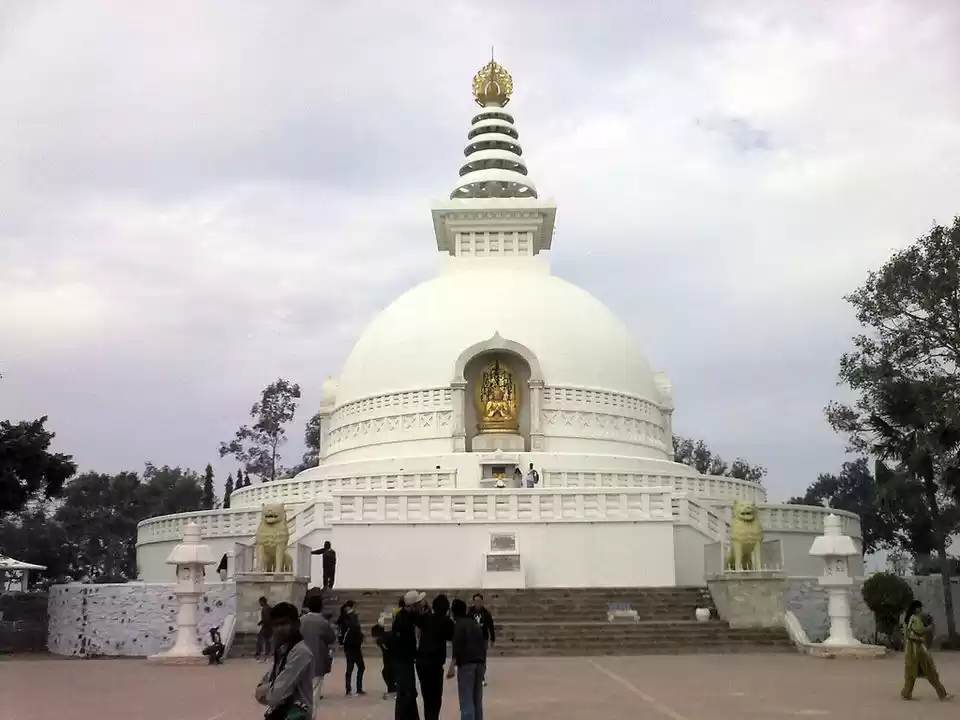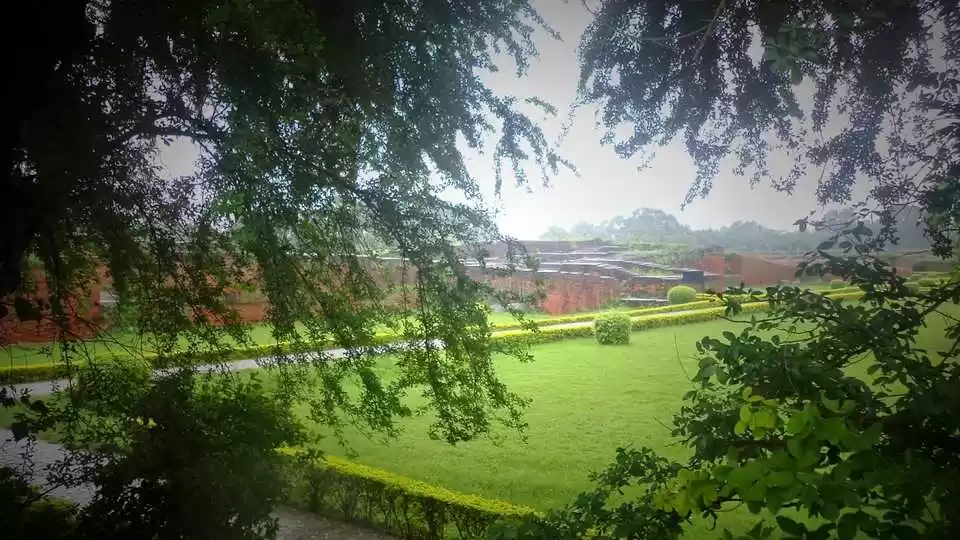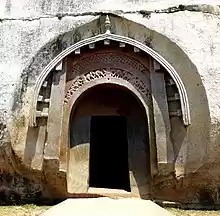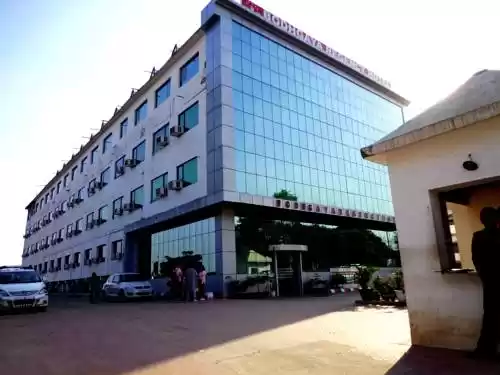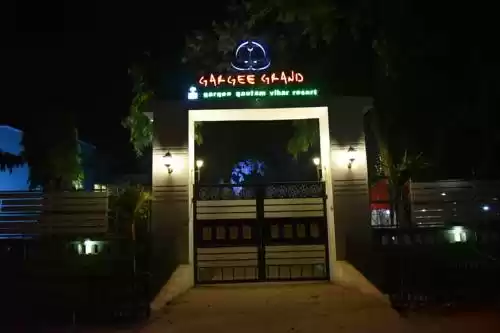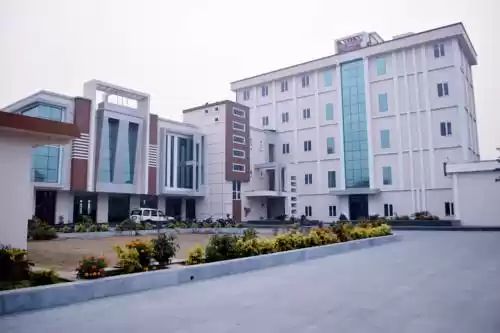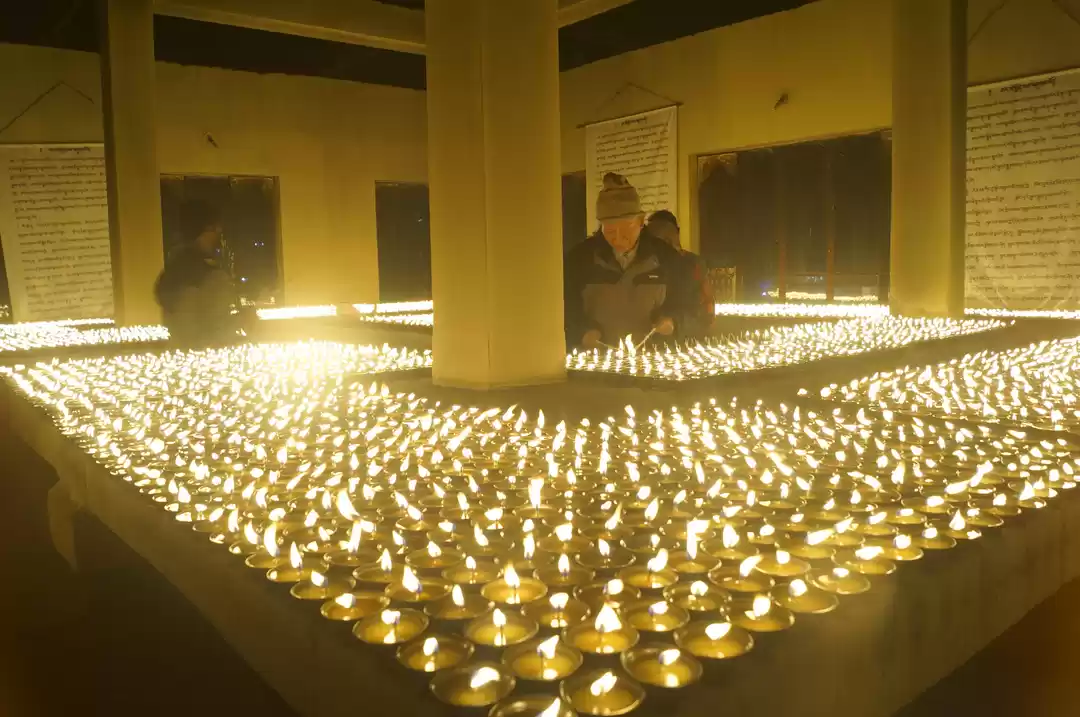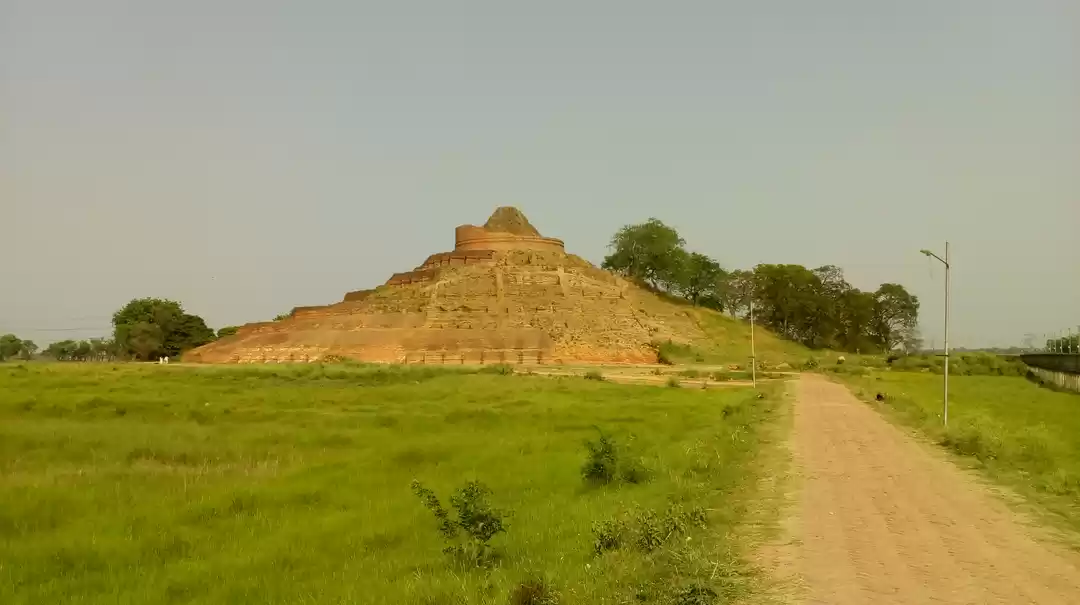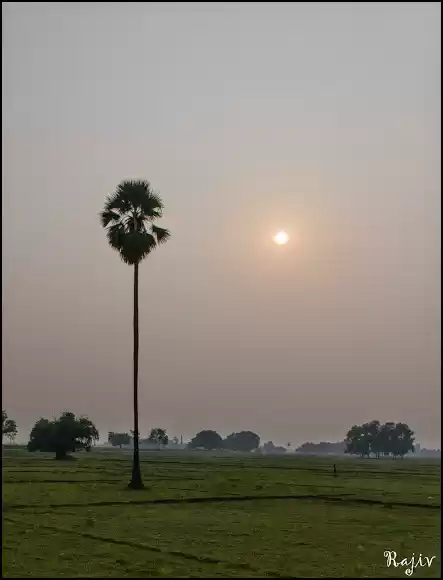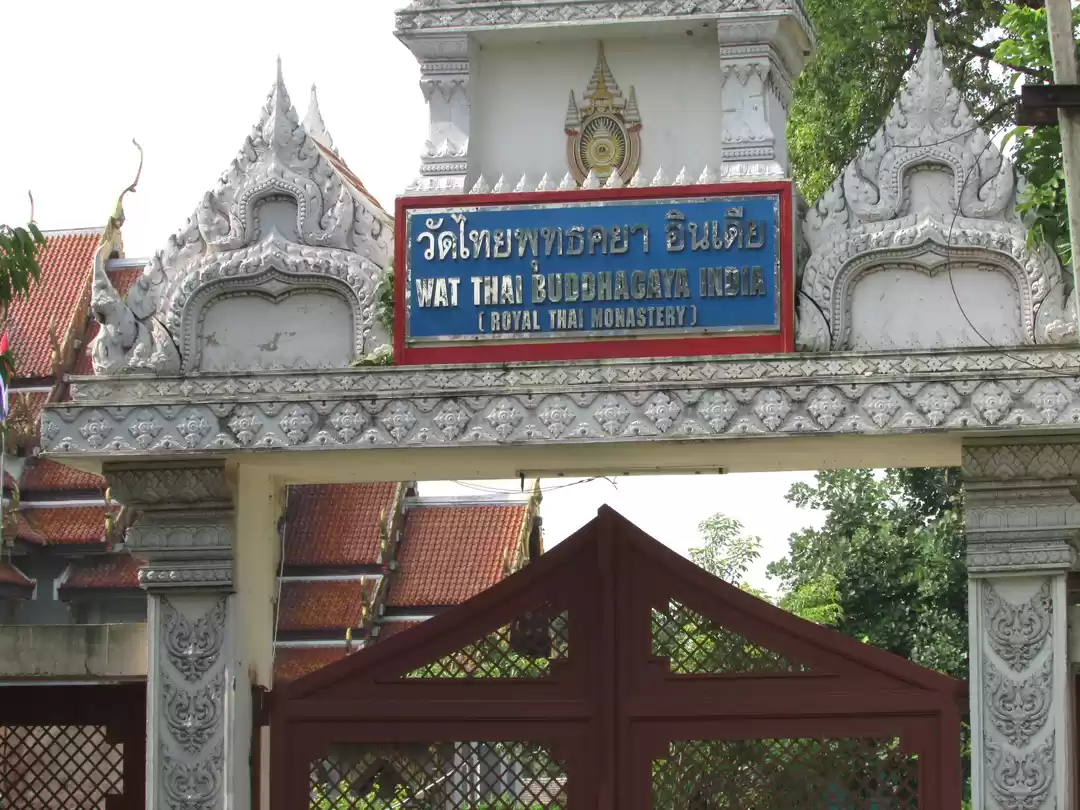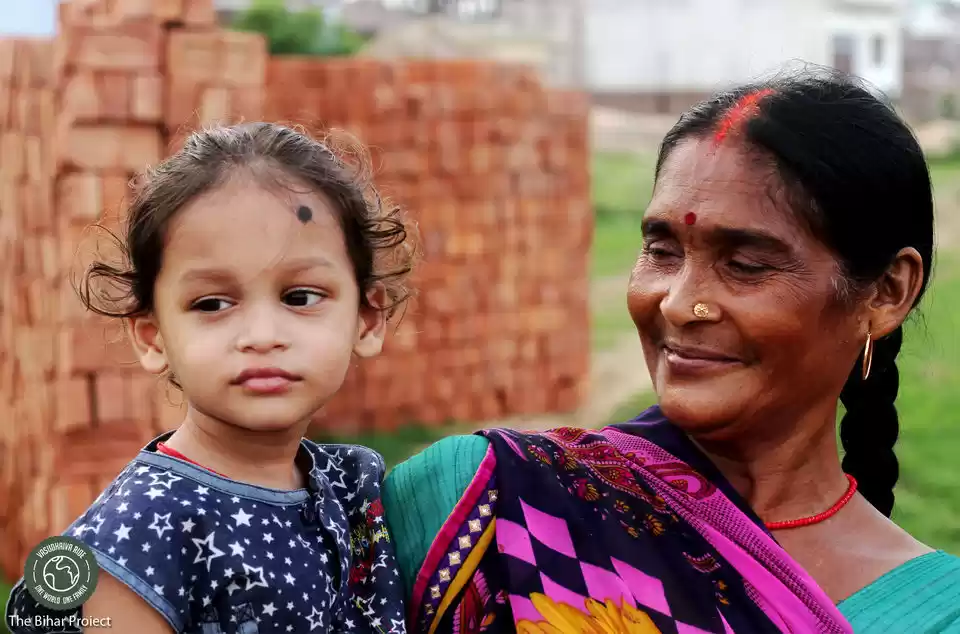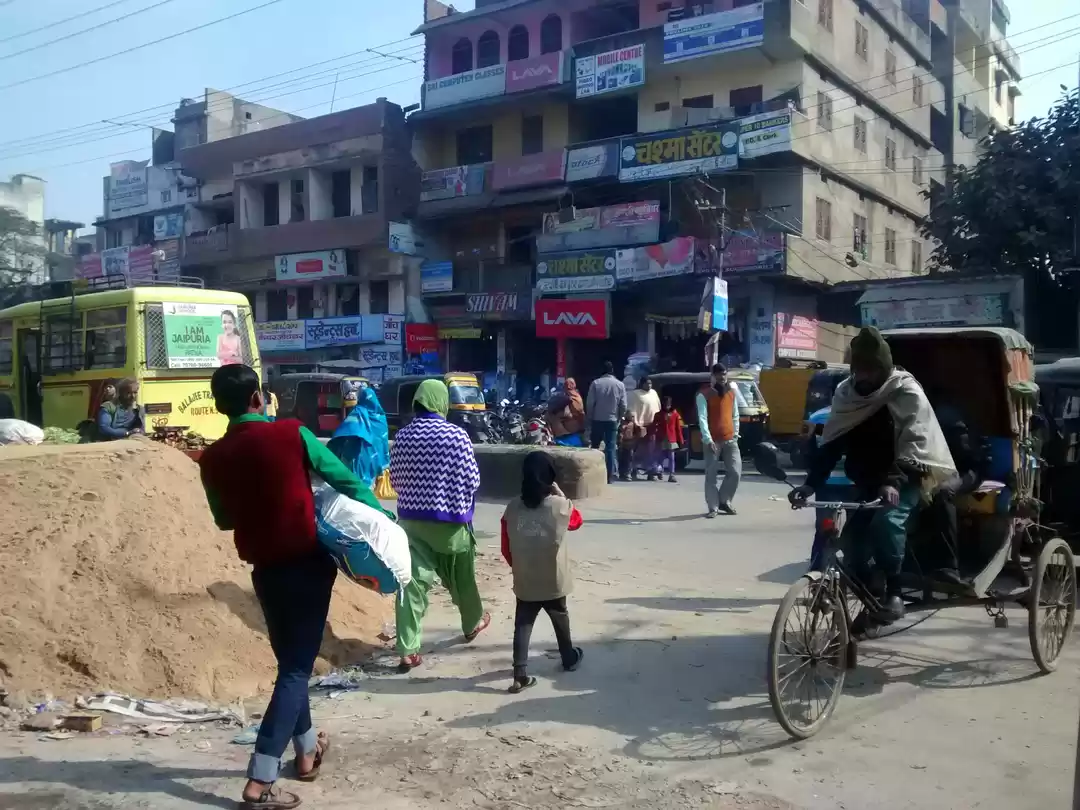Bihar Tourism and Travel Guide
Bihar (/bɨˈhɑr/; Hindustani pronunciation: [bɪˈɦaːr]) is a state in East India. It is the 13th largest state, with an area of 94,163 km2 (36,357 sq mi) and the 3rd largest by population. It is contiguous with Uttar Pradesh to its west, Nepal to the north, the northern part of West Bengal to the east, and with Jharkhand to the south. The Bihar plain is bifurcated by the river Ganges which flows from west to east.In 2000, southern Bihar was separated from Bihar to form the new state of Jharkhand. Close to 85% of the population lives in villages. Almost 58% of Biharis are below the age of 25, which is the highest proportion of young people of the population of any state in India. Hindi and Urdu are the official languages of the State. Other languages of the state are Bhojpuri, Maithili, Magahi, Bajjika, and Angika, of which only Maithili is recognized by the government of India.Bihar was a centre of power, learning and culture in ancient and classical India. From Magadha arose India's first empire, the Maurya empire, as well as one of the world's most widely adhered-to religions, Buddhism. Magadha empires, notably under the Maurya and Gupta dynasties, unified large parts of South Asia under a central rule.Since the late 1970s, Bihar has lagged behind other Indian states in terms of its social and economic development. Economists and social scientists claimed that this is a direct result of the policies of the central government, such as the Freight equalization policy, its apathy towards Bihar, lack of Bihari sub-nationalism (resulting in no spokesperson for the state), and the Permanent Settlement of 1793 by the British East India Company. The state government has however made significant strides in developing the state. The improved governance has led to an economic revival in the state through increased investment in infrastructure, better health care facilities, greater emphasis on education, and a diminution in crime and corruption.

